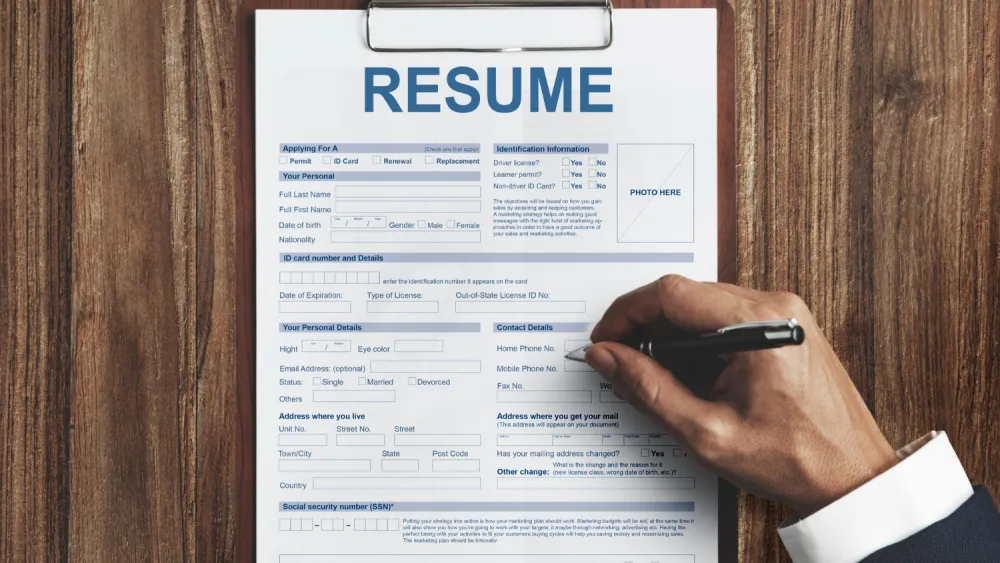
7 out of 10 office workers prioritise health as primary life goal
Working from home arrangement found by most employees as flexible.
Over 70% of office workers have prioritised health as their primary life goal in the next five years, and consider health as the most important aspect of life, according to Sun Life Hong Kong’s survey. Eighty-eight percent of those surveyed are confident in maintaining these convictions even after the pandemic passes.
Out of those polled, 62% are working from home during the pandemic. More than eight in 10 or 84% said the arrangement provided for flexibility to run personal errands, and 81% claimed they felt more mentally relaxed.
Most respondents believe flexible working arrangements, including working from home (73%), flexitime (83%) and compressed working hours (77%), should remain in place after the pandemic eases. The survey also found that 82% and 67% of respondents felt happy to spend less time face-to-face with their superiors and co-workers respectively.
The survey also found that 64% of office workers are satisfied or very satisfied with the HR policies at their company, with 53% enjoying an improved sense of belonging and 69% agreeing that working from home improved relationships with family members.
Majority of office workers with a cautious approach to health are found to be more satisfied with their physical (81%) and financial health (62%) and are generally happier (75%). In comparison, for those who take a more laid-back approach, only 53% and 40% are satisfied with their physical health and financial health respectively, and only 51% feel happy.
However, the report noted that 64% of respondents either take notice of personal health only when symptoms appear, or never pay serious attention to their health conditions. Already 60% of respondents have taken proactive steps to improve their health and 66% are already addressing health-related problems proactively.
Further, 63% of office workers are in a positive mood, with 56% noting a higher or same level of happiness compared to six months earlier. However, respondents were generally dissatisfied with their financial health, highlighting the need for long-term financial planning to provide assurance for office workers.
On the other hand, 55% of office workers face “extremely” or “relatively” high pressure at work, with the most common causes being workload and difficult tasks (67%), job security and pay cut concerns under the economic downturn (59%), and unrecognised efforts at work (57%). The top three signs of burnout are frequent fatigue (56%), lack of motivation to exercise or going outdoors (48%), and forgetfulness (47%).
The survey also identified the top three work-related health issues, which include insomnia or poor sleeping quality (56%), dry eyes (55%), and muscle strain (54%). The three main causes for these issues are fatigue due to busy work schedule (59%), mental stress (58%), and poor posture at work (50%).


















 Advertise
Advertise








